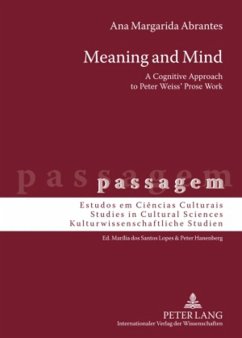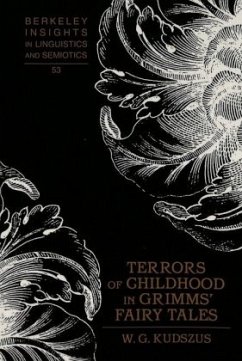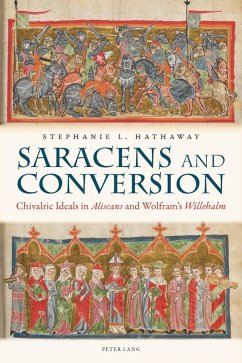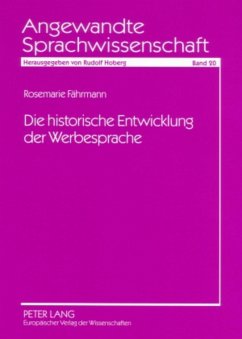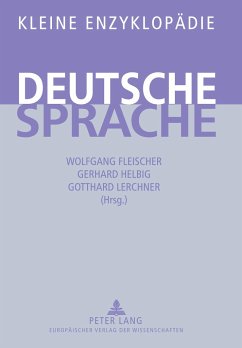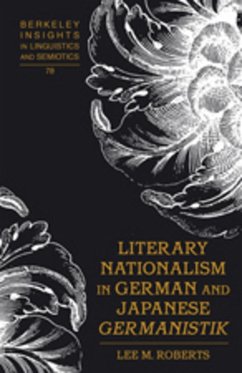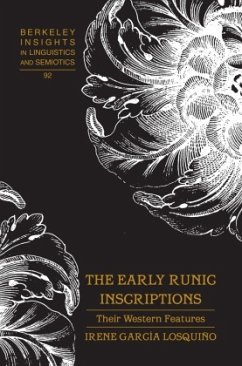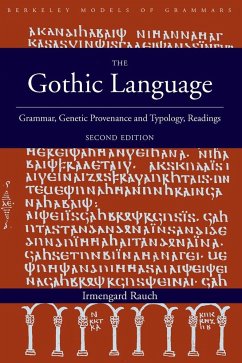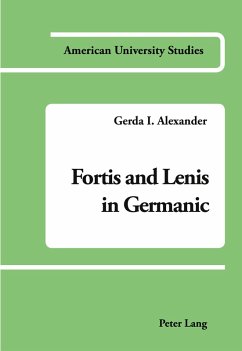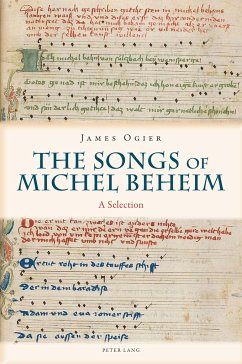
The Semiotics of Fate, Death, and the Soul in Germanic Culture
The Christianization of Old Saxon
Herausgegeben: Rauch, Irmengard
Versandkostenfrei!
Versandfertig in 6-10 Tagen
78,85 €
inkl. MwSt.

PAYBACK Punkte
0 °P sammeln!
The ninth-century Old Saxon Heliand gospel yields seminal sets of words for fate and the self that paint the cultural background into which Christianity was introduced. The Heliand contains robust mythopoetic links to an Indo-European tradition, which were conducive to the synthesis of ancient mythological scenarios with the dogma of the immortal soul. Peirce's semiotic informs the linguistic analysis and promotes the ethnophilosophical description of the formation of belief, while the linguistic data inform the cultural analysis and substantiate the different levels of description in the semi...
The ninth-century Old Saxon Heliand gospel yields seminal sets of words for fate and the self that paint the cultural background into which Christianity was introduced. The Heliand contains robust mythopoetic links to an Indo-European tradition, which were conducive to the synthesis of ancient mythological scenarios with the dogma of the immortal soul. Peirce's semiotic informs the linguistic analysis and promotes the ethnophilosophical description of the formation of belief, while the linguistic data inform the cultural analysis and substantiate the different levels of description in the semiotic paradigm. Through the combination of historical linguistic analysis and semiotic analysis, the development of fundamental beliefs is described and a continuity is established between early Germanic beliefs and modern beliefs, advancing the understanding and description of intellectual history and the evolution of meaning.



